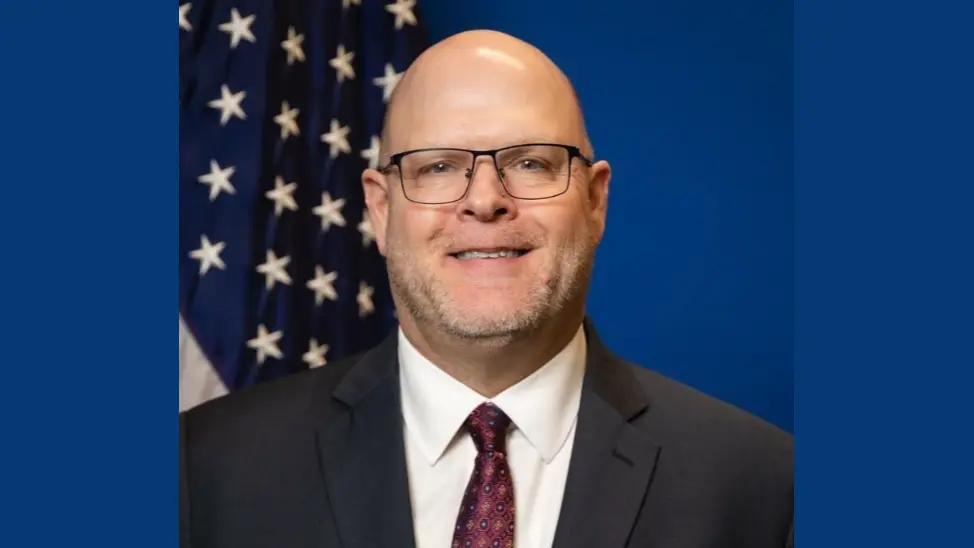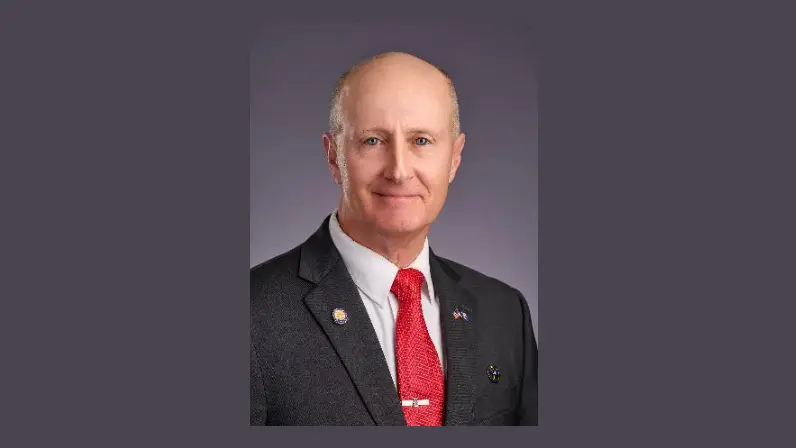Olympia, Wash — Washington continues to focus on decreasing greenhouse gas emissions to slow climate change. The Department of Ecology today announced it is working on a rule requiring some municipal solid waste landfills to reduce the amount of methane they emit into the atmosphere.
“Methane from landfills is a significant source of greenhouse gas emissions in Washington, which is why the Legislature made taking action to reduce these emissions a priority,” said Laura Watson, Ecology’s director. “We have to look at all the sources of greenhouse gas emissions and develop strategies to reduce these harmful pollutants.”
In a landfill, organic material like food and yard waste decomposes, emitting methane in the process. Methane escaping from landfills is a concern because it is a potent greenhouse gas, especially in the near term. Methane has 84 times more potential than carbon dioxide to warm the climate over a 20-year period.
According to the Washington Climate Impacts Group’s most recent report on climate impacts, there is no time to waste and rapid action is needed on climate change to protect Washington’s water supplies, fisheries, agriculture industries and public health.
Under the new rule, both active and closed municipal solid waste landfills that have received waste since Jan. 1, 1992, are required to reduce their methane emissions. Landfills have several ways they can reduce methane, including capturing the gas and burning it for energy, or they can take steps to reduce the amount of organic material going into the landfill.
As part of the early stages of drafting the rule, the agency will evaluate any potential impacts on communities and businesses. Ecology will also determine which landfills are required to comply and will consult with municipal solid waste landfill owners and operators, Tribal governments, local clean air agencies, counties, environmental groups and others to shape the regulation. As the agency progresses in this rulemaking, members of the public will be invited to comment on the proposed rule.




